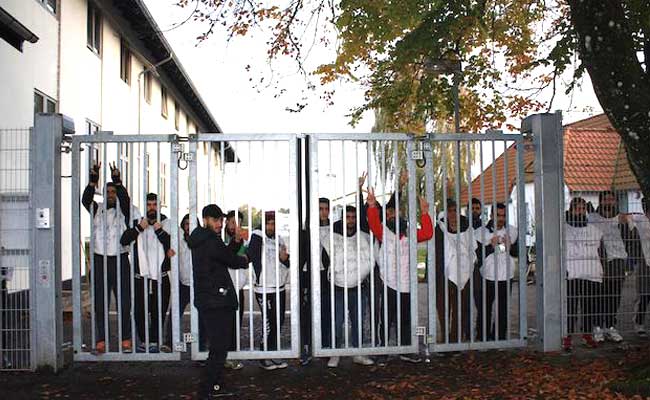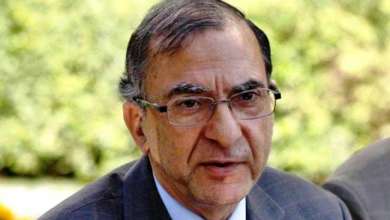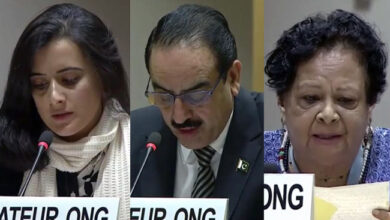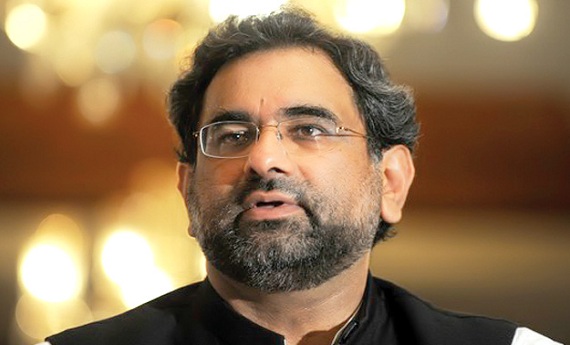Hunger Strikes and Protests in Denmark’s Deportation Centres

Reclaiming the Right to Life: Hunger Strikes and Protests in Denmark’s Deportation Centres
Farjad and twenty-seven other fellow-residents at the Kærshovedgaard so-called ‘departure’ centre (udrejsecenter) had been on hunger strike for the seventh day when we met them. They live cut-off at Kærshovedgaard, one of two recently-opened Danish deportation centres, the other being in Sjælsmark, about 35 km North of urban Copenhagen. Kjærshovedgaard is a former prison placed in the remote woods in the Mid-Jutland peninsula. Today the buildings quarter about 200 asylum seekers, men and women. Most of these people had their application rejected by the Danish authorities; others are awaiting to appeal their first instance decision (they are so-called ‘phase-two’ asylum seekers).
The Kærshovegaard and Sjælsmark deportation camps bear witness to the widespread implementation, across northern Europe, of practices of ‘crimmigration’ (Stumpf 2006). These policies create a strict relationship between criminal and immigration law. This mutual dependence accomplishes a twofold strategy: on the one hand, within criminal law, a process of exclusion, resulting in physical and societal segregation from the rest of the society enacted through physical confinement and detention-like conditions. On the other, policies of exclusion entailing the isolation and then expulsion/deportation of criminalized migrants from the national territory (Aas and Bosworth 2013). Thus Denmark follows apace the developments observed in the rest of Europe, also triggered by European measures such as the 2008 EU directive on returns (2008/115/EC). This prompts the enactment of return schemes based on ‘common standards and procedures’ in the member states to ‘return illegal stayers from third countries’. The directive entails the possibility of detaining people for up to 18 months and putting in place a 5-year ban from EU territory. The implementation of these regulations have resulted in the physical and spatio-geographical control and isolation of the ‘undesired’, ‘unwanted’, turned into ‘deportables’. These people, according to the Danish Minister for Immigration, Integration and Housing Inger Støjberg ‘must be sent out of the country as soon as possible’, and their life in Denmark made as ‘intolerable as possible’.
Read more: Open Democracy, http://bit.ly/2m9UJHl





